UC San Diego is taking the initiative to head toward a greener society by installing the United States’ first asphalt road made with a recycled plastic binder as opposed to a petroleum-based bitumen binder. UCSD enlisted the U.K.-based company MacRebur Ltd. to test out its patented plastic road concept on a portion of Miramar Street and Regents Road near the Mesa Nueva graduate student housing complex.
“Recycled plastic binders are ‘closing the loop’ by using plastic that had been used for something else and giving it new life, keeping the plastic out of our landfills and oceans,” Campus Sustainability Manager Sara McKinstry said. “The recycled plastic product also has a lower embodied carbon footprint than traditional bitumen, preventing some greenhouse gases from being emitted and contributing to climate change.”
Plastic waste has become an overarching problem for the world, and MacRebur created this plastic road technology to create a greener way of maintaining roads across the globe. It is estimated that some 420 million tons of plastic is produced annually by humans. Plastic waste poses an environmental threat to the world, as it does not break down expeditiously.
The United States alone has 4 million miles of roads to maintain. If this method were to be used more widely, the impact on reducing plastic waste would be enormous, according to UCSD Constructions Commodity Manager Gary Oshima.
“There has been very favorable research conducted on the product in the United Kingdom and Australia,” Oshima said, “and our intent will be to conduct additional tests to confirm the benefits. There are no known detrimental effects of the product, but we will be testing the road to determine its viability beyond our campus in California and the U.S.”
Oshima contacted MacRebur, which has already installed some plastic roads in the U.K. and Australia. MacRebur had also expressed interest in finding the perfect location in the U.S. where it could introduce its plastic road technology. UCSD has actively updated its policies around clean energy, zero waste, and sustainable procurement, so the campus was considered the perfect candidate to begin the trend of plastic roads. The company even offered to donate the plastic for the first installation on campus.
“Creating alternative uses for recycled plastic will be a crucial challenge that we all must resolve, and maintaining over 4 million miles of roads in the United States will be an ever-growing problem,” Oshima said.
UCSD California Public Interest Research Group Chair Sophie Haddad expressed enthusiasm for the project.As a member of the board of directors’ executive committee at CALPRIG, Sophie Haddad was enthusiastic about the news.
“It is fantastic to see my school continue leading the way in implementing sustainable practices like this,” Haddad told the UCSD Guardian. “These roads address plastic pollution and help us pave a way toward a cleaner future. Students here love our beaches so much, so it’s great to see UCSD taking action to recycle plastics so they don’t end up polluting the ocean!”
This project will be useful to determine the viability for usage outside of the UCSD area.
With over three dozen Leadership in Energy and Environmental Design-certified buildings, a campus vehicle fleet that is among the greenest in the nation, and one of the world’s most advanced microgrids that generates approximately 85 percent of the electricity used on campus annually, UCSD is on track with its sustainability goals. To learn more about sustainability at UCSD, visit sustainability.ucsd.edu.
photo by Tyler Faurot


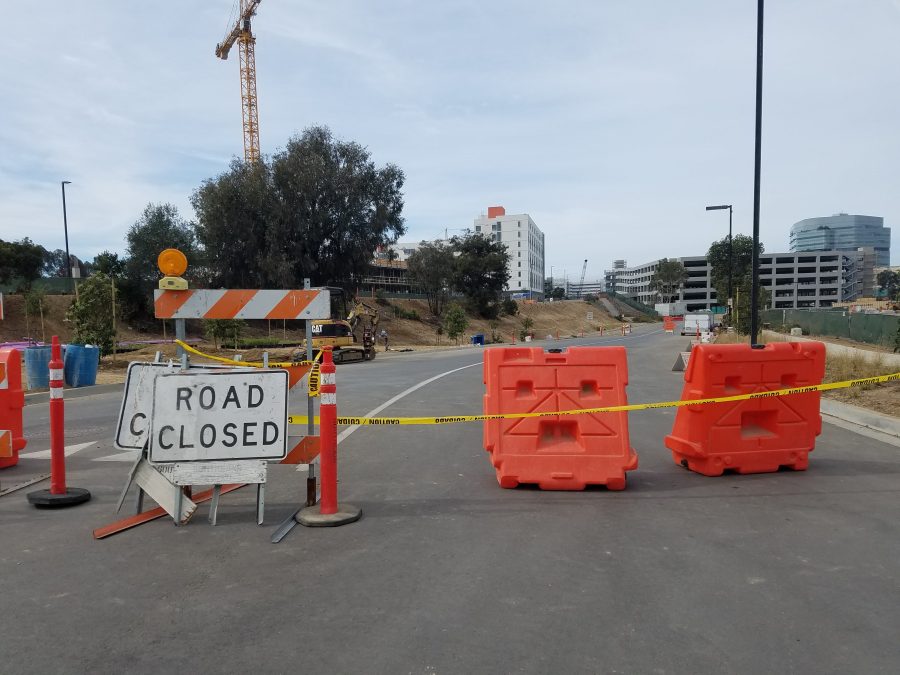
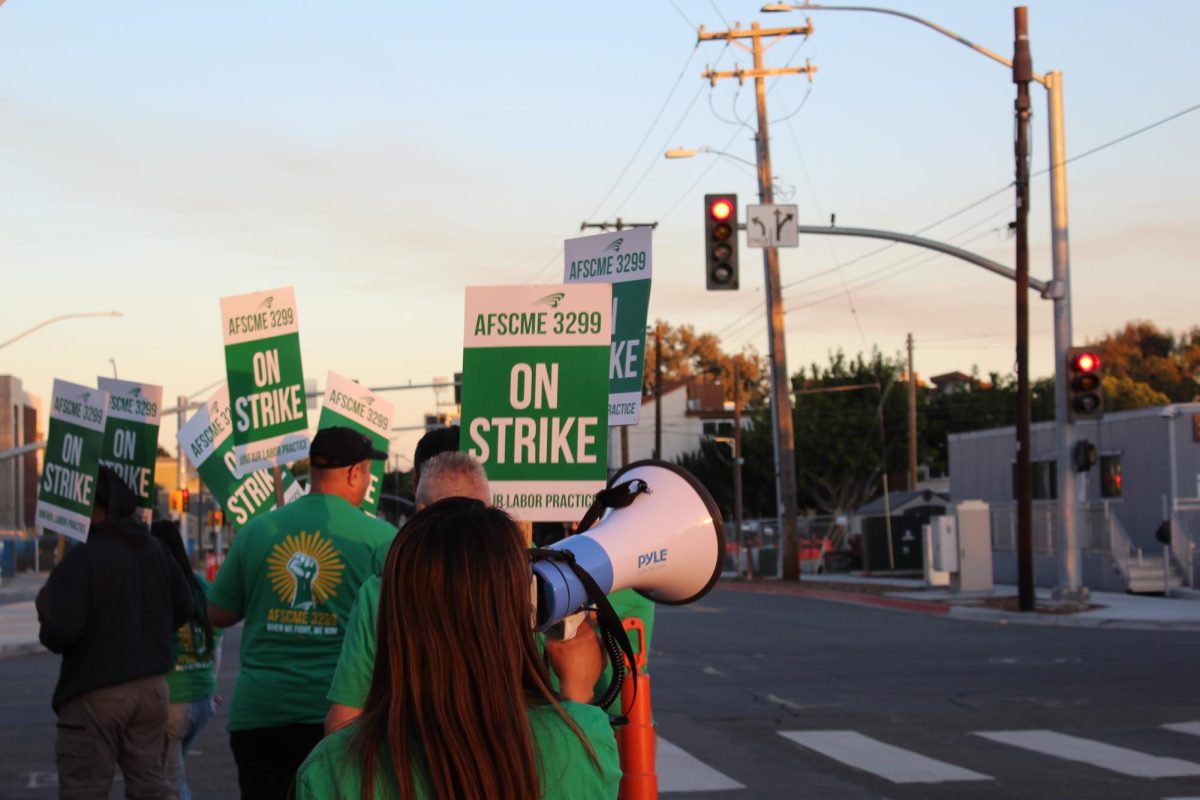
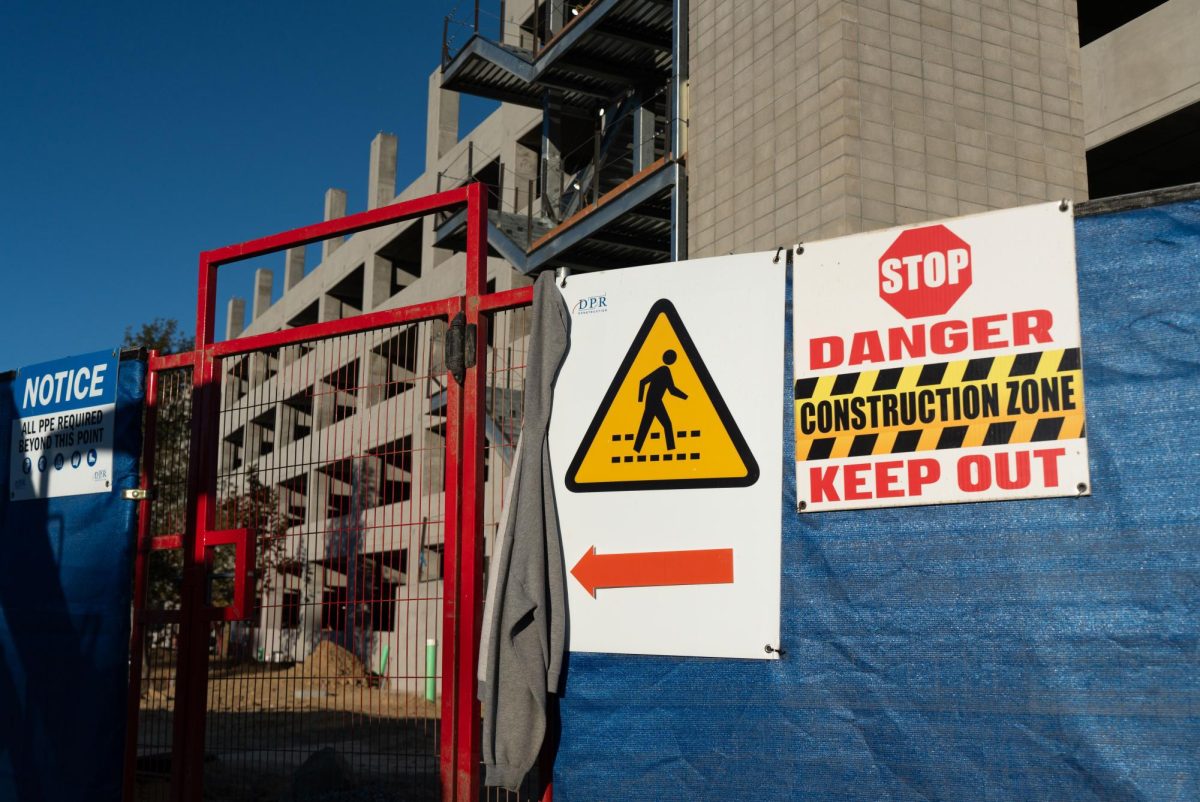
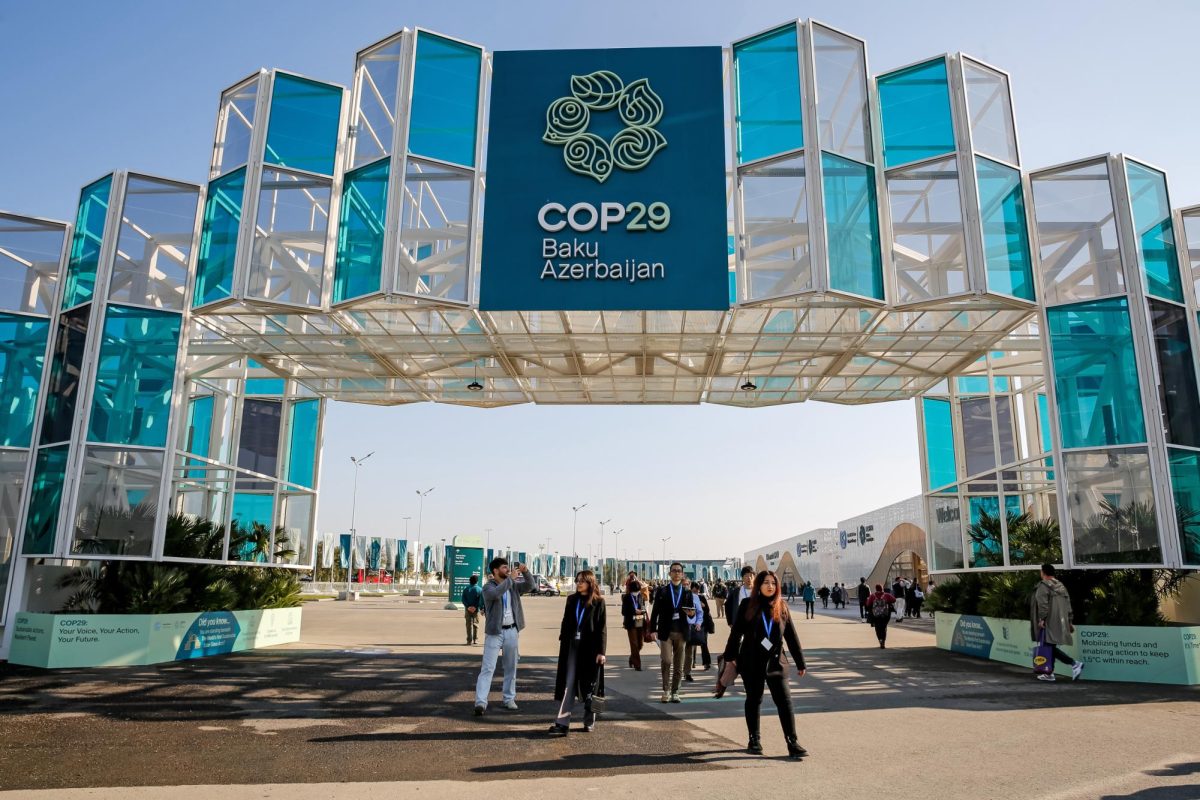
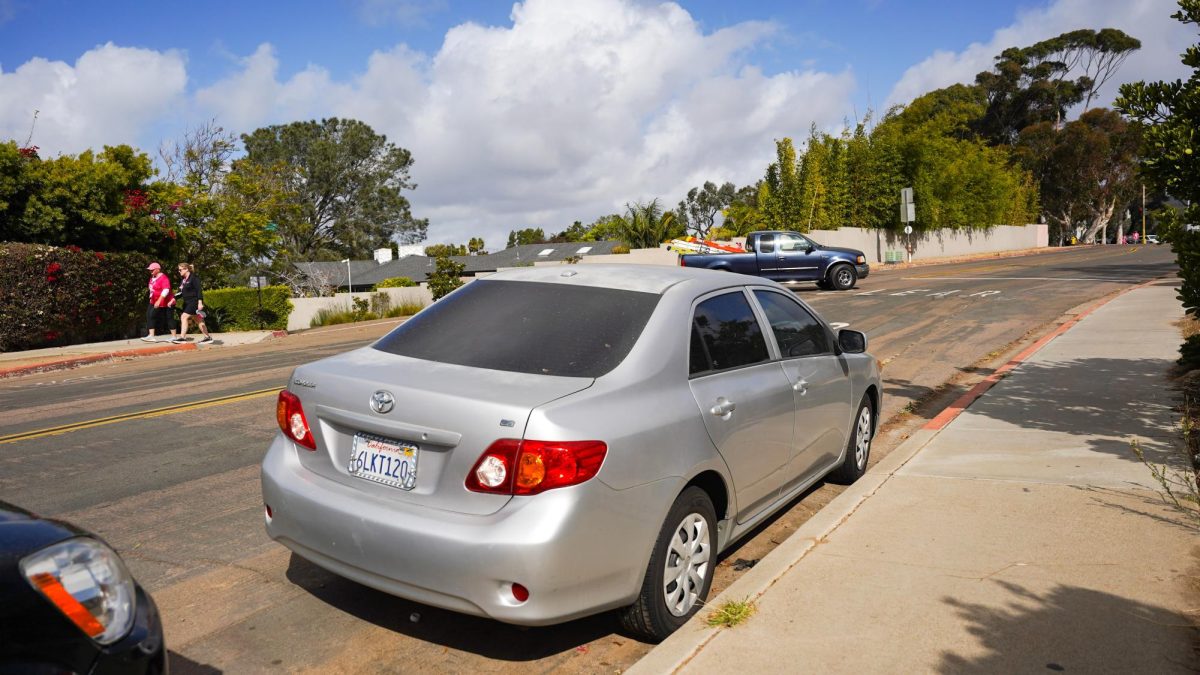
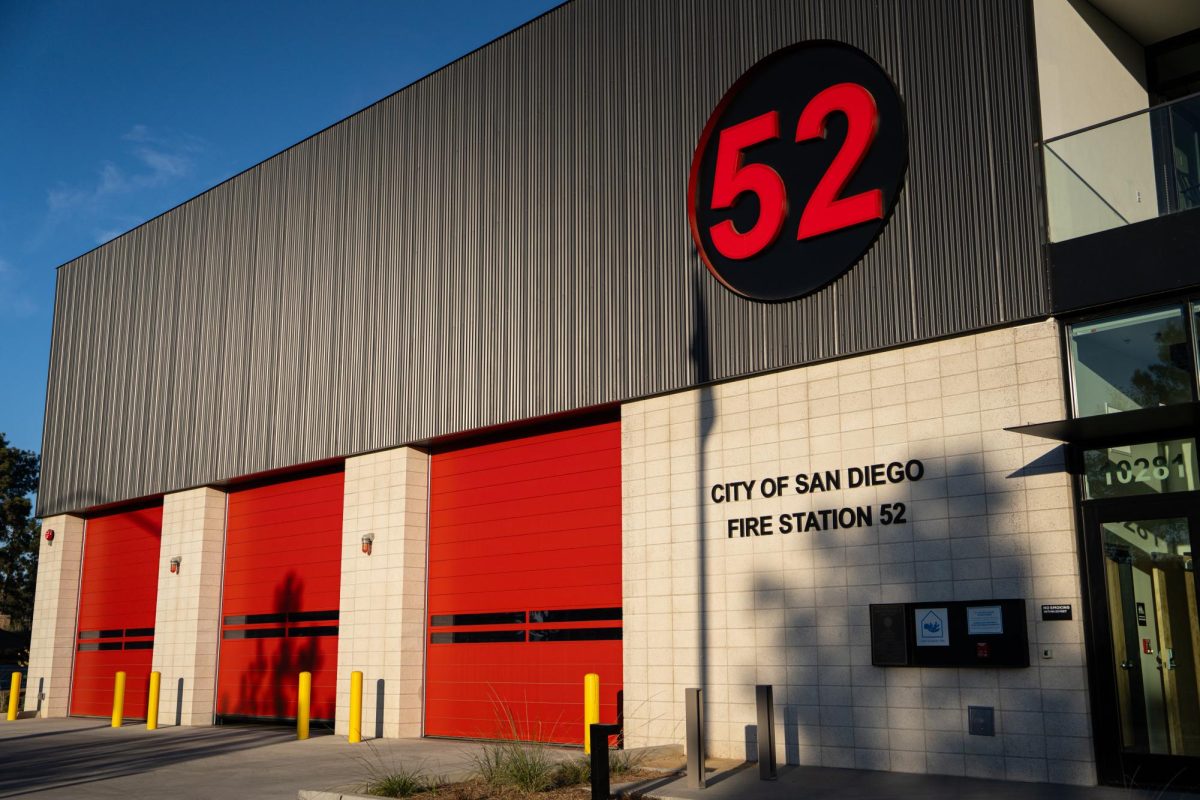
null • Nov 5, 2018 at 6:45 am
Microplastics much?